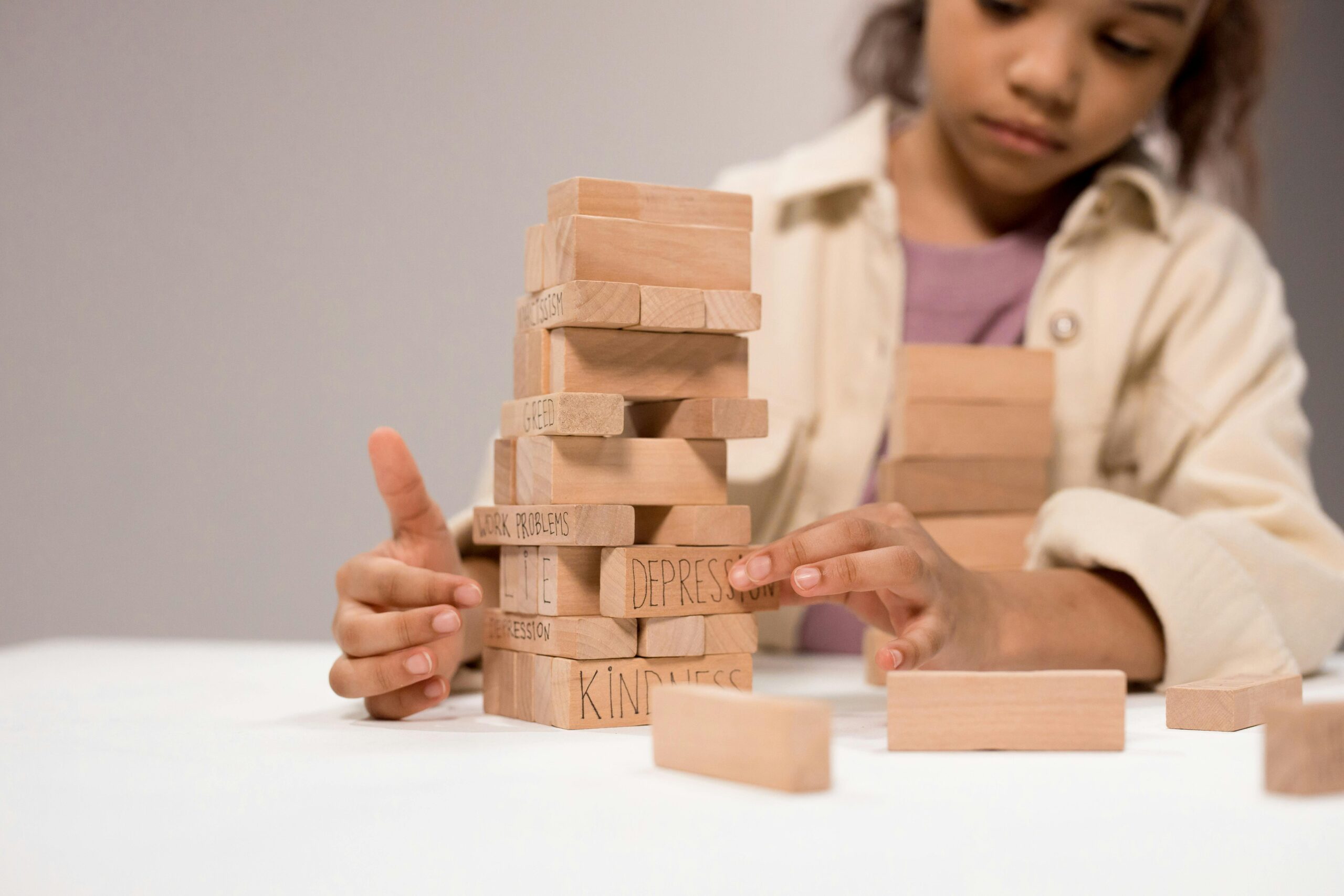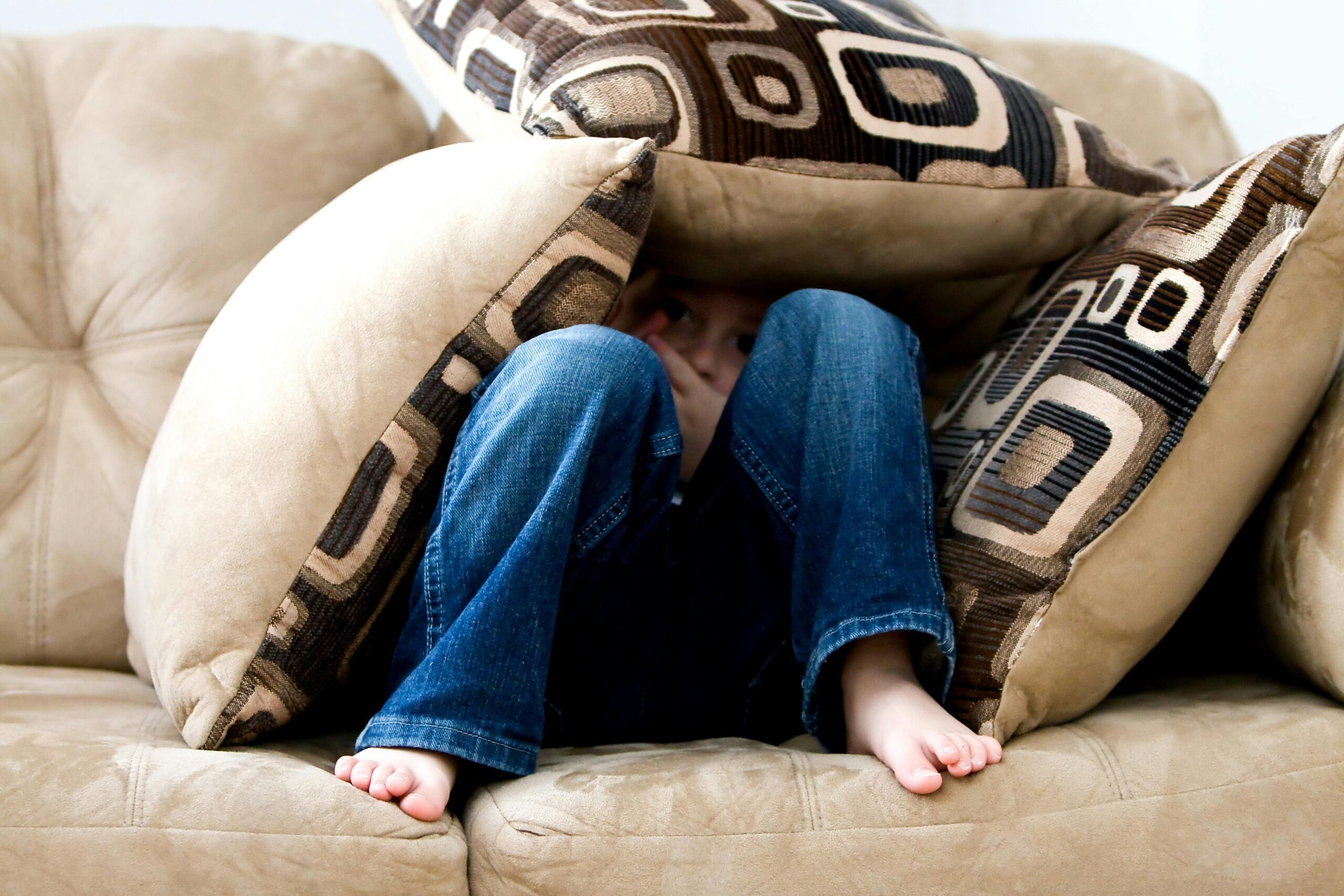The Real Impact of Yelling at Children: Pediatricians Weigh In
As pediatricians—and as parents ourselves—we understand the challenges and frustrations that come with raising children. The chaos of daily life, combined with the emotional rollercoaster of parenting, can sometimes push us to our limits. Many of us have raised our voices at our children in moments of stress or desperation. But what does yelling really do to our kids? And what do decades of research and clinical experience tell us about its effects?
Yelling often feels like a quick fix. In the heat of the moment, it can seem like the only way to get a child’s attention or stop misbehavior. However, evidence consistently shows that yelling rarely leads to lasting positive change. Instead, it can escalate conflicts, create fear, and damage the parent-child relationship. Children may comply in the short term, but over time, they become more focused on the anger than on the lesson you’re trying to teach.
Thank you for reading this post, don't forget to subscribe!
The consequences of yelling at your child
Recent studies have shed light on the profound and sometimes surprising consequences of yelling:
Emotional and Mental Health: Yelling has been linked to increased risks of anxiety, depression, and other mood disorders in children. Kids who are frequently yelled at are more likely to struggle with low self-esteem and persistent sadness.
Brain Development: MRI studies indicate that repeated exposure to yelling and verbal aggression can alter the structure and function of a child’s developing brain, particularly in areas responsible for emotion, memory, and stress response. These changes can impact cognitive development and emotional regulation well into adulthood.
Behavioral Problems: Contrary to the belief that yelling corrects behavior, research shows it often worsens it. Children may become more aggressive, rebellious, or withdrawn over time. The cycle of yelling and misbehavior can become self-perpetuating, making discipline even more challenging.
Physical Health: Chronic stress from frequent yelling can manifest in physical symptoms, such as headaches, stomachaches, and even chronic pain conditions later in life.
You’re not the only parent who does it
It’s important to acknowledge that feeling overwhelmed and occasionally losing your temper is a universal experience among parents. Yelling does not make you a “bad” parent—it makes you human. But recognizing the impact of our words and actions is the first step toward healthier communication.
Our point of view
Our collective experience, both in the clinic and at home, has taught us that children thrive in environments where they feel safe, respected, and unconditionally loved. When parents model calmness and emotional regulation, children are more likely to develop those skills themselves. Building a strong emotional connection makes discipline easier and more effective in the long run.
If you find yourself yelling more than you’d like, remember that support is available. Whether it’s talking to a mental health professional, joining a parenting group, or simply reaching out to fellow parents, you can learn strategies to manage stress and communicate more effectively.
In closing
Yelling may be a common reaction, but it’s rarely a productive one. The evidence is clear: the way we speak to our children shapes not only their behavior, but also their emotional and physical well-being for years to come. As pediatricians and parents, we encourage you to seek support, practice patience, and remember that every day is a new opportunity to connect with your child in a healthier way.
Read our other post about Mental health here.
We hope it helps,
The Smart Parenting Blog Team







